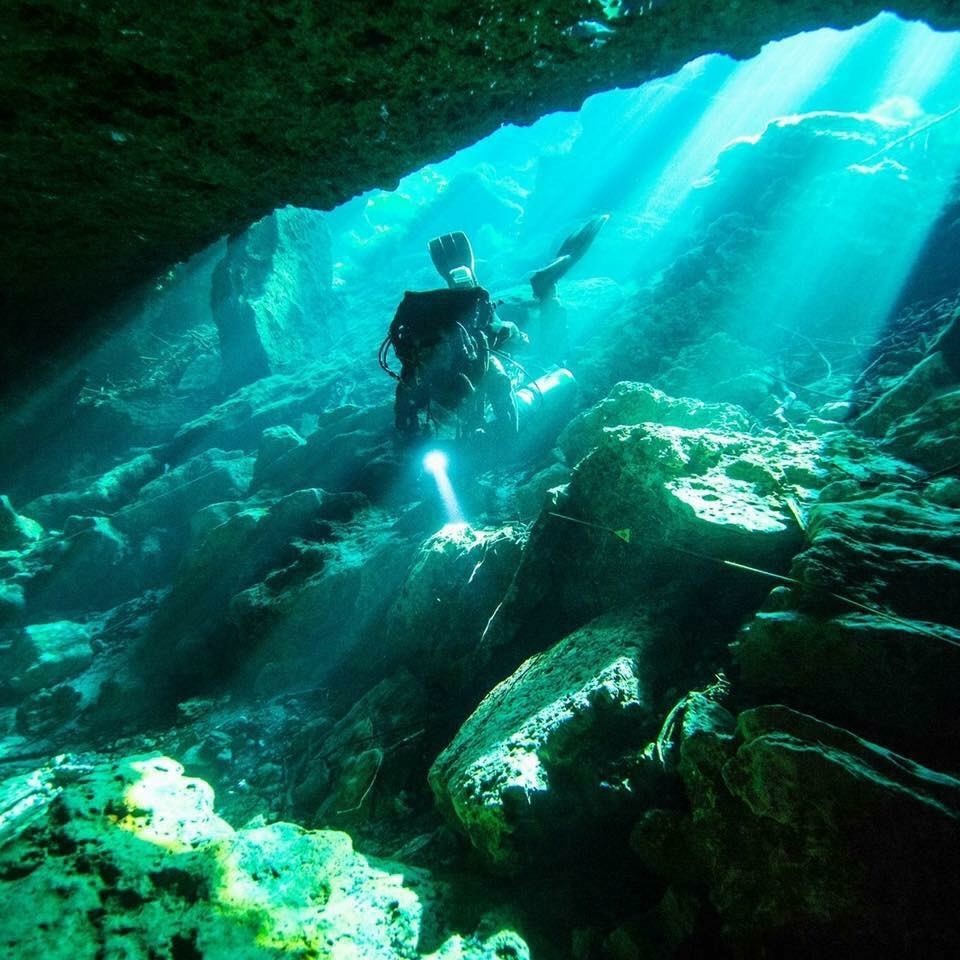
Name: William "Bill" R. Belcher
Program: Anthropology
Specialization: Forensic Anthropology and Archaeology
Courses that Dr. Belcher is teaching this year:
1. ANTH 487/887D Analysis of Archaeological Materials - Archaeofauna
2. ANTH 455/855 Forensic Archaeology - Clandestine Burials, Mass Graves, and Human Rights
3. ANTH 462/862 Forensic Anthropology
What is your favorite course to teach and why?
I like the courses I teach - I try to emphasize experiential learning and teaching skills. This will be the first semester teaching it, but I am looking forward to teaching the Forensic Archaeology class concerning the role of archaeology in human rights investigations.
How and/or why did you choose this field?
I think this field chose me. I began working at the predecessor of the Defense POW/MIA Accounting Agency in 1998, as a forensic anthropologist and archaeologist. I was coming to this field after working in rural Pakistan studying fish remains from the 3rd Millennium BCE as well as studying modern procurement and butchery practices of fisherfolk. I worked there for 21 years and eventually retired in 2019 as the Deputy Laboratory Director of the DPAA Headquarters in Hawaii.
What are you currently researching?
Currently, I'm working to develop a more robust forensic anthropology program that is tied into larger science at the Defense POW/MIA Accounting Agency. I am also working to develop a forensic research facility (or decomposition site) in both eastern and western Nebraska. There are only a few sites in North America and none of them focus on the Great Plains environments. This will be crucial to understanding different aspects of time-since-death related to criminal or other investigations within Nebraska.
What are some ways students can be involved in your research?
I have lots of research projects that will be suitable for undergraduate and graduate students - projects that will lead to great experiential learning and even publication in regional and national journals. This range from animal bone collections from Oman, Pakistan, and Vietnam as well as local police and forensic case work associated with skeletal remains as part of ongoing investigations.
Why should students major in your field?
I think people are generally interested in a mystery - understanding what happened and how these materials look the way they do. But I think what will click with students is the humanitarian aspect of forensics, particularly forensic anthropology. Giving back an unknown person their identify and returning them to their family is extraordinarily rewarding on many levels. I often tell students that we are really in the business of speaking for the speechless and remembering them.
What do you enjoy doing outside of work (hobbies, other interests)? :
I read a lot - obviously within archaeology, forensics, taphonomy, etc., but also cheesy (and serious as well) science fiction. I also enjoy scuba diving, but more extreme than most people deal with - such as extended range (beyond 200 feet of depth), decompression, cave diving and using a rebreather. It's challenging and fun.